
Test reports usually don’t have a clearly defined validity date. However, that does not mean that the test report is valid indefinitely. There are many scenarios in which a test report is rendered either outdated or for other reasons no longer applicable to a certain product.
Content Overview

FREE CONSULTATION CALL (30 MIN)
 Ask questions about compliance requirements
Ask questions about compliance requirements Countries/markets:
Countries/markets:
 Learn how we can help your business
Learn how we can help your business
You will speak with:Ivan Malloci or John Vinod Khiatani
When are test reports considered outdated?
Lab test reports generally don’t have an expiry date specified. The most strict viewpoint is that a test report is only applicable to the batch of products that the tested samples belong to. Hence, a test report is not directly applicable to future production runs.
In reality, many brands don’t test every single production run because it’s expensive. But, the fact that most test reports don’t have a specific expiry date doesn’t mean that you can use a lab test report as proof of compliance indefinitely.
Updated and new standards
Product standards are constantly subject to changes. For example, ASTM releases new versions of product standards, and the same thing happens in the EU with EN standards. These new versions are sometimes incorporated into existing product regulations, and therefore made mandatory.
This can result in your existing lab test report being rendered outdated, as the test was conducted based on what is now an outdated test report.
For example, compliance with ASTM F963-17 is mandatory when selling children’s products in the United States. When ASTM eventually comes out with a new version of ASTM F963, then you will need to get the product tested again.
The same thing is true when there are new standards that are developed, harmonised or referenced.
Keep in mind that new and updated standards are not effective overnight. It can take months from the announcement to the standard being effective.
New substance restrictions
Substance regulations, such as REACH in the EU, are updated several times per year. There are two types of updates:
- New substance restricted/banned
- Substance limit is adjusted
This has the same impact as when new or updated standards become effective, as your existing substance test reports are rendered outdated.
Product changes
Lab test reports only reflect the compliance status of the exact product specification of the tested samples. It is invalid if you make any of the following changes to the product:
- Design changes
- Material changes
- Color changes
- New components
Keep in mind that material in this case refers to the exact same material supplier and type, not only the generic material description. For example, if you change from one HDPE granulate to another HDPE granulate it’s technically still a different material, as the source is not the same.
One risk factor here to take into consideration is that you may not know if your supplier, or their material supplier, makes changes to the formula or production process.
New manufacturer
Changing manufacturers usually means that your products will be made with different equipment, production line setups, sanitation procedures, and material sources. All of these factors impact product compliance.
This can also be the case if there are changes to a production line in one of your existing manufacturers.
Batch testing
Batch specific testing is mandatory, or at least expected, for some products. If so, you need to ensure that batch samples from each production run are submitted for lab testing.
How do I know if it’s necessary to re-test a product?
Thera are two primary triggers for when re-testing a product becomes an absolute necessity:
- Product related changes
- Regulatory/standard changes
No test report is therefore valid forever. At best, a test report does not last longer than the next update to the relevant standards or substance restrictions – or whenever you choose make some sort of product adjustment.
In practice, you may need to get every or every second batch tested. That said, it also depends on the time intervall between each production run, and the general risk profile of your product.
What can happen if I use an outdated test report?
A test report based on outdated standards, substance restrictions, or a product specification no longer in use cannot be used to prove compliance. This could result in your product being subject to recalls.

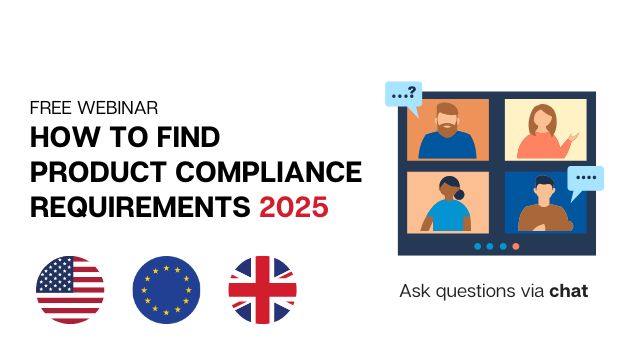





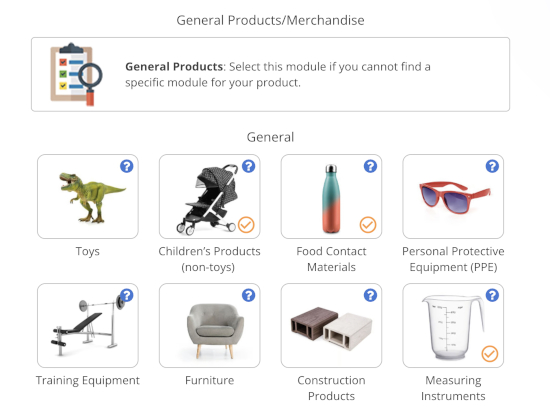






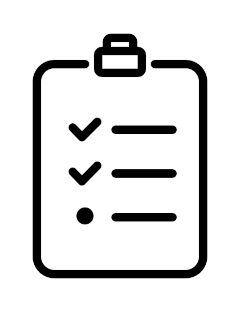

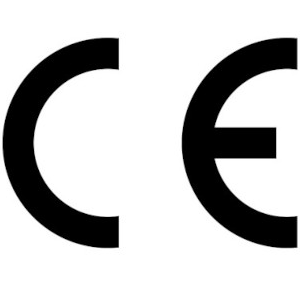




.png)
.png)
.png)
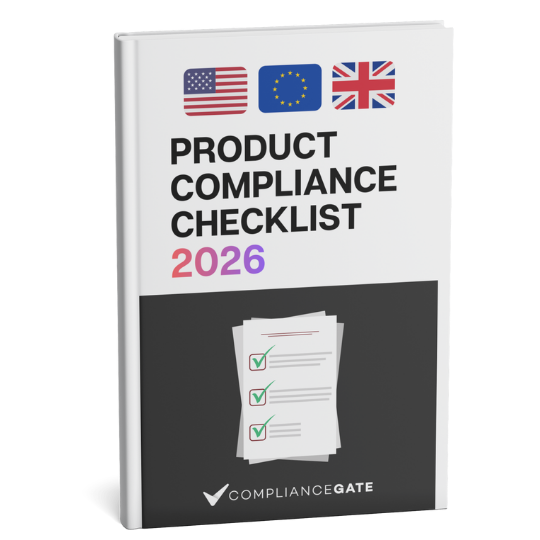
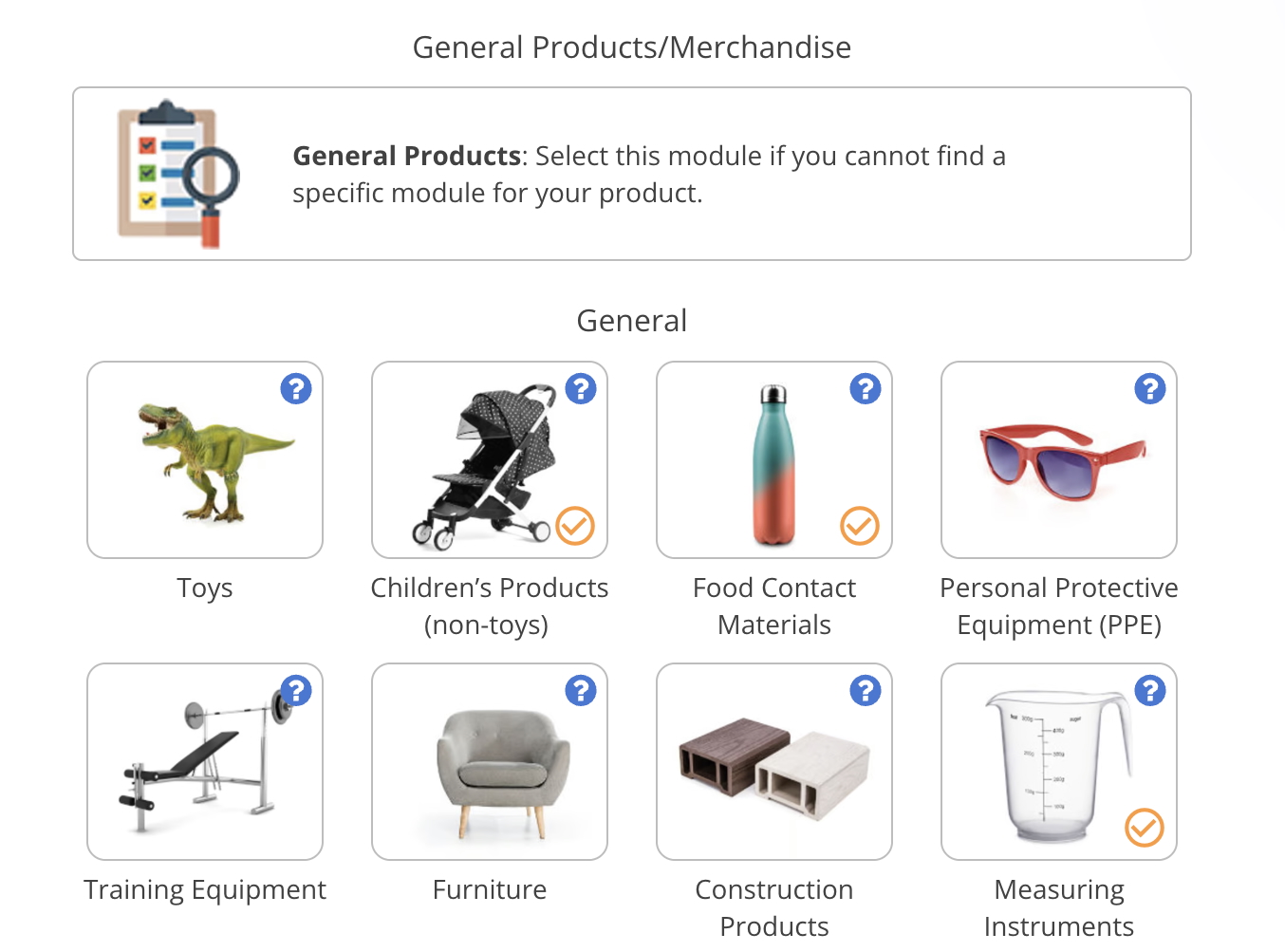



Thanks for pointing out that the changes in the production lines will require you to do the lab test again since new equipment and material sources are going to be used. This reminds me of chemistry professionals that aim to complete their research by purchasing screening kits. I could imagine the need for them to consider a lot of factors to determine how long their research would be deemed valid.